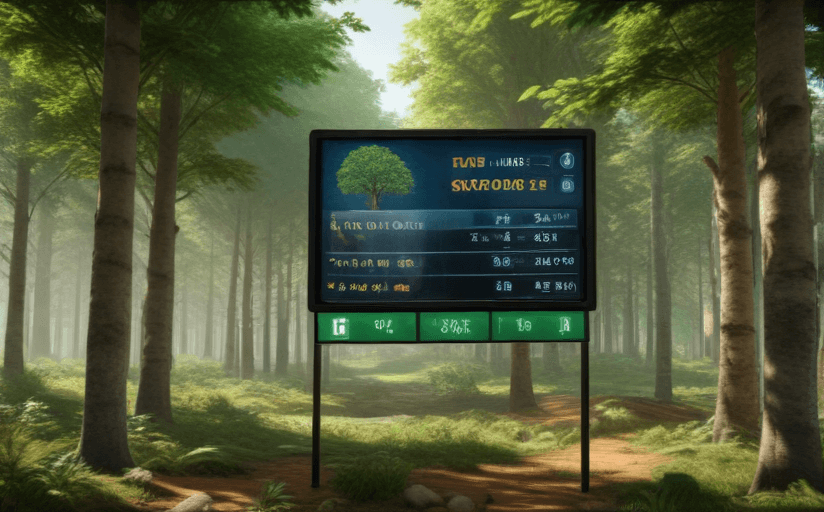The Role of Video Games in Promoting Environmental Sustainability
Video games, with their immersive environments and engaging gameplay, have surged in popularity over recent decades. Nowadays, they are recognized not only as a form of entertainment but also as a potent tool for education and communication. One evolving use for video games is in promoting environmental sustainability and raising awareness about conservation and climate change. This article will explore this topic in depth, discussing the ways game developers utilize their platforms, providing examples, and pondering the potential future of environmental education through video games.
Video Games as Education Tools
Video games, thanks to their narrative power and immersive nature, are proving to be effective learning platforms. Players remember the content more accurately because they don't just read or hear this information – they interact with it, an experience which, according to pedagogical research, enhances retention and understanding. In the environmental sustainability sector, this advantage is being harnessed to great effect.
Games Promoting Environmental Awareness
There are already a number of games focusing on environmental themes, ranging from those that engage players in a battle against climate change to those that educate about conservation strategy.
- Climate Challenge is a game developed by the BBC where players act as the president of the European Nations managing various climate change issues. It offers an immersive experience involving decision making and policy implementation.
- Eco is another such game where players build a civilization and deal with environmental impacts. It stresses the interconnectedness of different ecosystems and the global impact of actions.
Potential Drawbacks and Their Solutions
Despite the promising benefits, the approach does come with challenges. Firstly, there's the task of balancing engaging gameplay with credible environmental data - a game that lacks in entertainment value risks losing its audience, while one not grounded in accurate scientific knowledge might mislead. Moreover, turning something as sobering as environmental crisis into a game may trivialize the issue. Therefore, game developers need to work hand-in-hand with environmental scientists and educators to create games that are both informative and enjoyable, fostering a sense of urgency rather than indifference.
Looking Forward: A New Era of Environmental Education
The integration of environmental issues into video games has opened up immersive, interactive ways to engage the general public with matters of global importance. Future games could tackle specific environmental topics, like deforestation, overfishing, or pollution. The future of environmental education could see a major shift, with video games playing a pivotal role in not just imparting knowledge but also fostering a sense of responsibility and stimulating action towards sustainability.
However, this requires ongoing collaboration between game developers, scientists and educators. With more research into how gaming can be effectively harnessed for education, we can expect this frontier to expand, potentially driving significant outcomes for global conservation and environmental sustainability.

















Comments
Leave a Comment